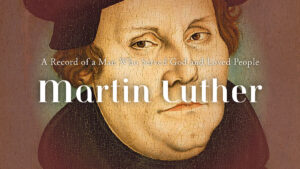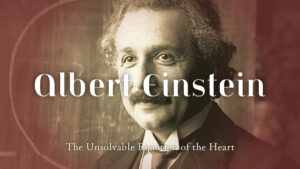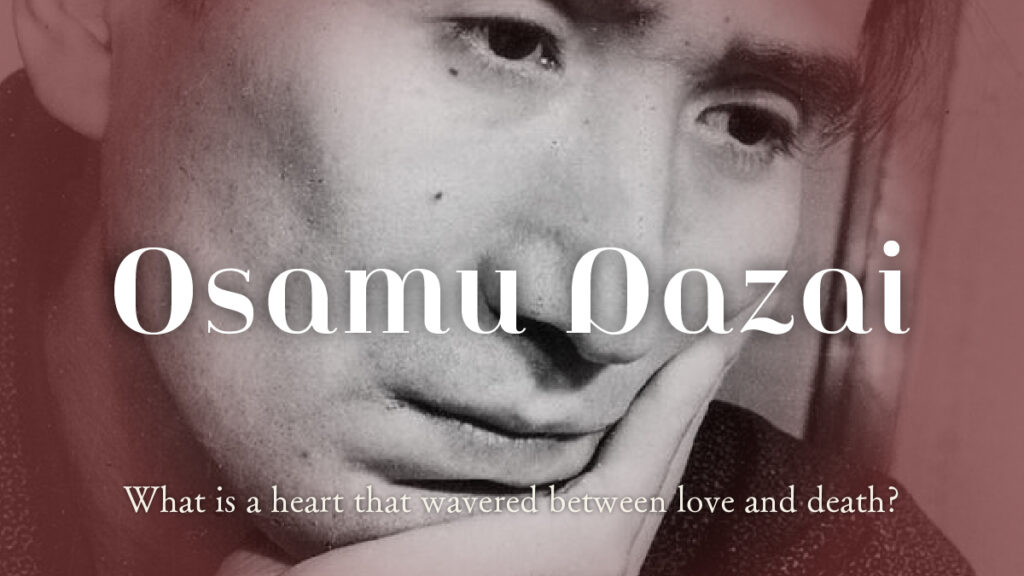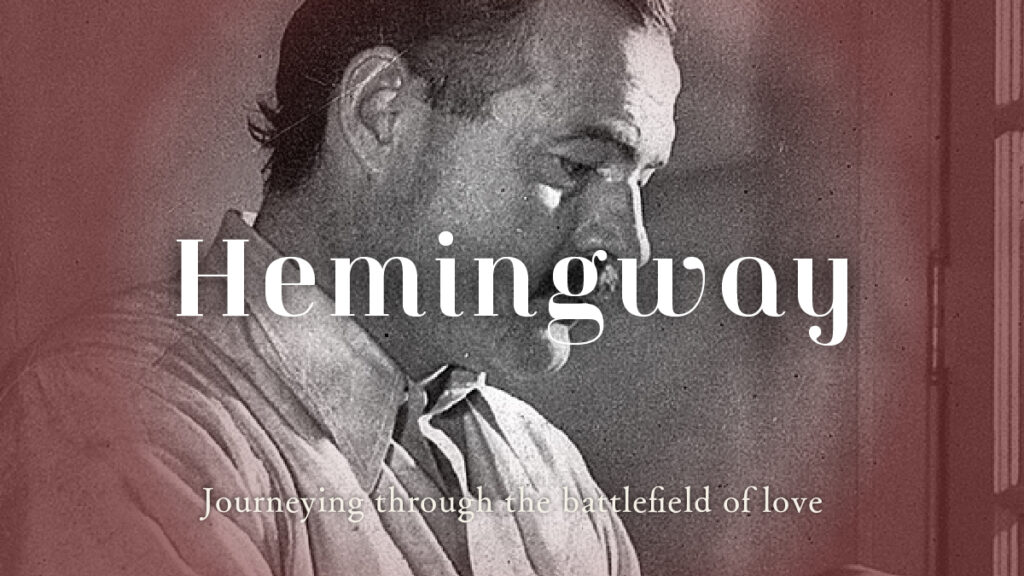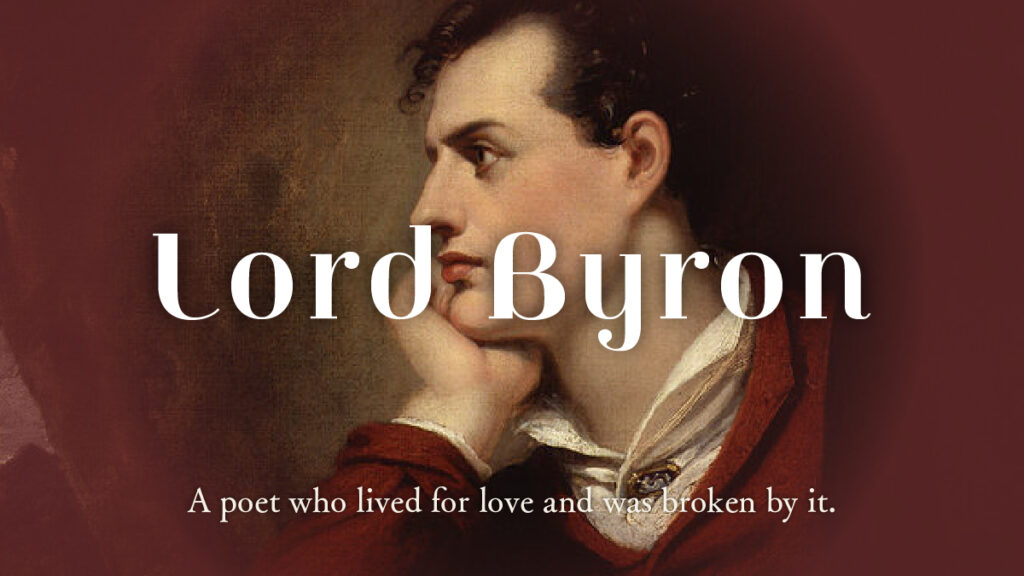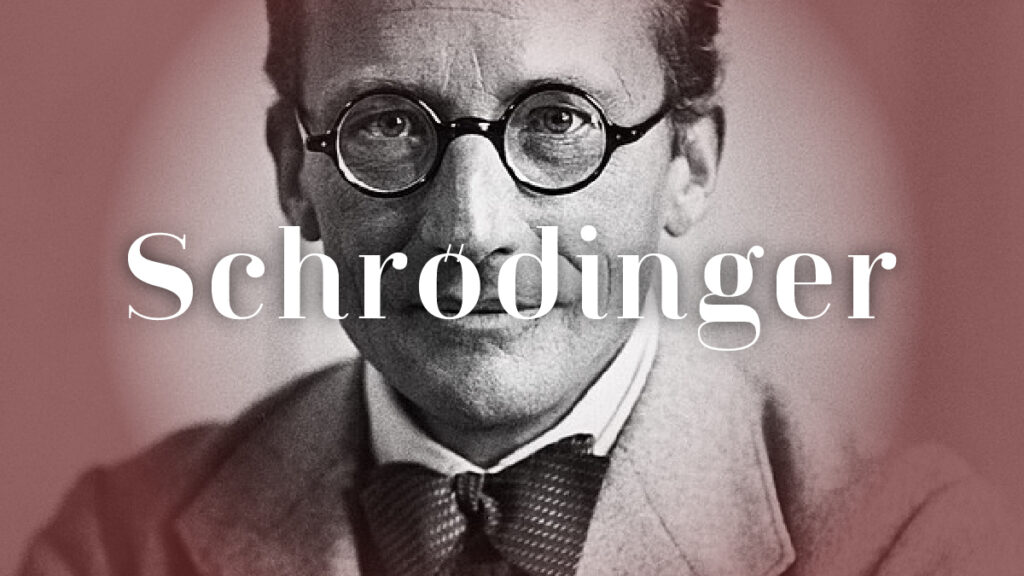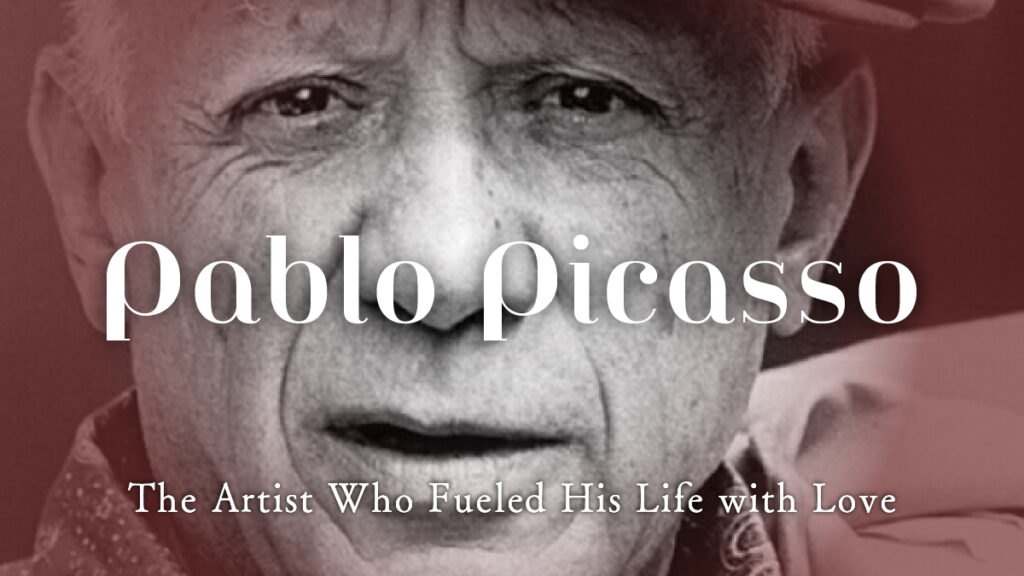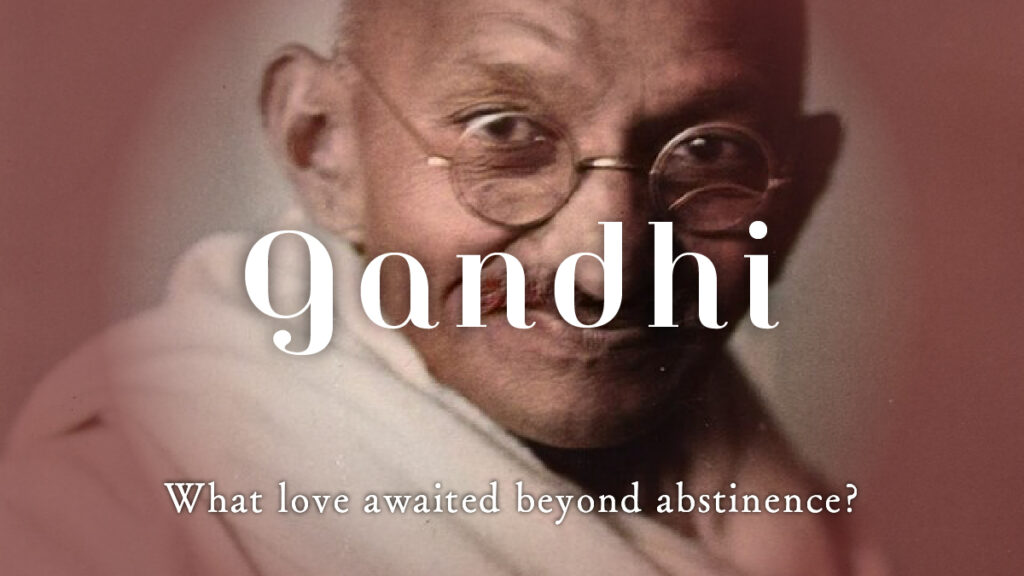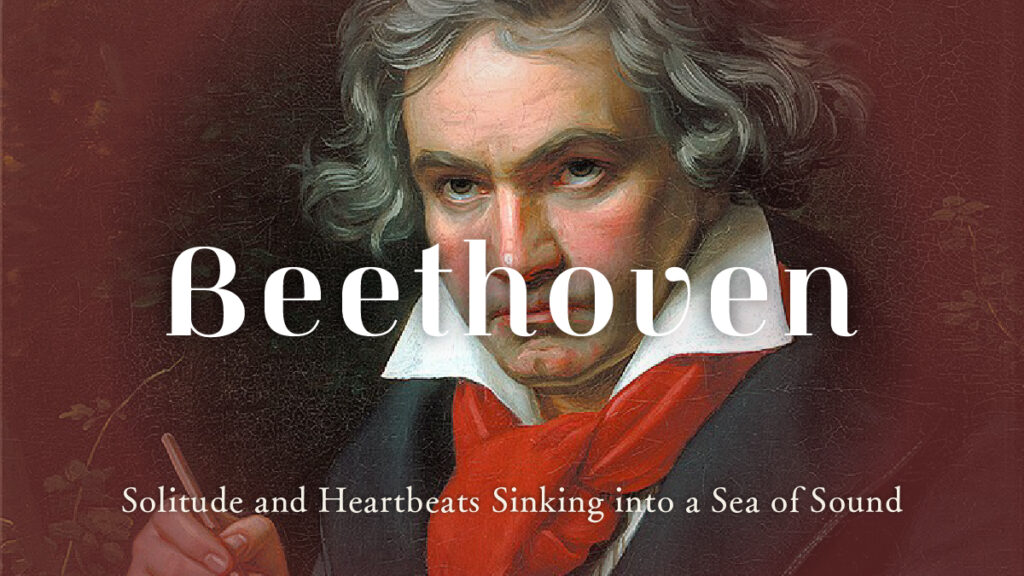Mozart’s View of Love|What Melody of Love Played Within the Musical Genius?
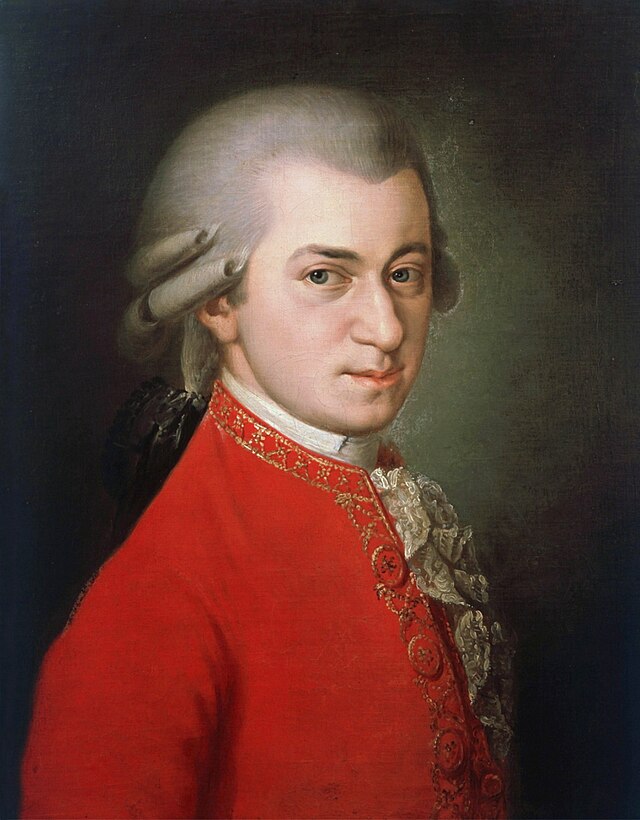
Just saying his name seems to make the air lift, light and shimmering—
Wolfgang Amadeus Mozart.
He began composing at the age of five, a prodigy who dazzled all of Europe.
The Marriage of Figaro and The Magic Flute shine with brilliance,
A Little Night Music dances with grace,
and the Requiem, written on the edge of death, breathes a quiet prayer.
Every melody bears the trace of his emotions and his life—
as if his heartbeats had been transcribed into sound.
Yet behind those notes lies another melody:
the rhythm of a man who loved, wrote tender letters, felt jealousy, and adored his wife.
In this article, we turn our gaze to Mozart’s view of love—
to explore how his passion shaped both his life and his music.
The Sweetness of First Love
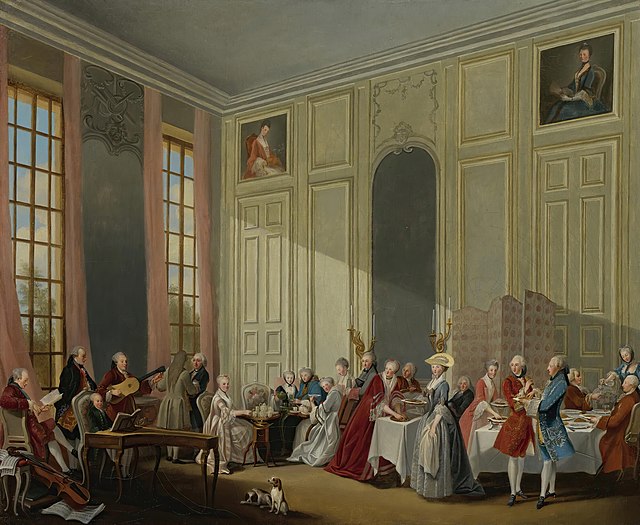
Childhood Travels and Fleeting Longing
Mozart was born in 1756 in Salzburg, Austria.
His father, Leopold Mozart, was a court musician and Vice-Kapellmeister in the service of the Archbishop of Salzburg.
To showcase his child’s divine talent to the world, he took young Wolfgang and his sister Nannerl on a grand tour of European cities—Vienna, Paris, London, Rome—performing before royals and aristocrats.
The young prodigy dazzled at court after court, receiving thunderous applause wherever he went.
Somewhere along the way, in Munich, he encountered his first glimpse of love.
We don’t know her name, but she was about his age—or perhaps slightly older.
Mozart once wrote,
“Her laughter was like a trill.”
But the tour continued, and love passed like the wind.
Her face, her voice—both faded into the distance.
For young Mozart, love was a melody just out of reach.
When the music ended, parting followed—that may have been his first understanding of love.
Youthful Love and Wandering Hearts
After that first tender feeling, Mozart met many women on his travels.
In 1777, during a visit to Augsburg with his mother, he reunited with his cousin, Maria Anna Thekla Mozart—known affectionately as Bäsle.
The two became enamored with each other, exchanging letters filled with jokes and hidden passions.
It may have been his first experience where romantic feeling and physical desire intertwined.
Through his late teens and early twenties, he shared brief flirtations with a ballerina at a Viennese ball and admired noblewomen in Paris and Augsburg.
These were passionate, but fleeting.
None left a lasting mark on his heart.
Still, the very act of falling in love seemed to add layer upon layer of emotional nuance to his music.
Two Sisters, Two Loves — The Weber Family
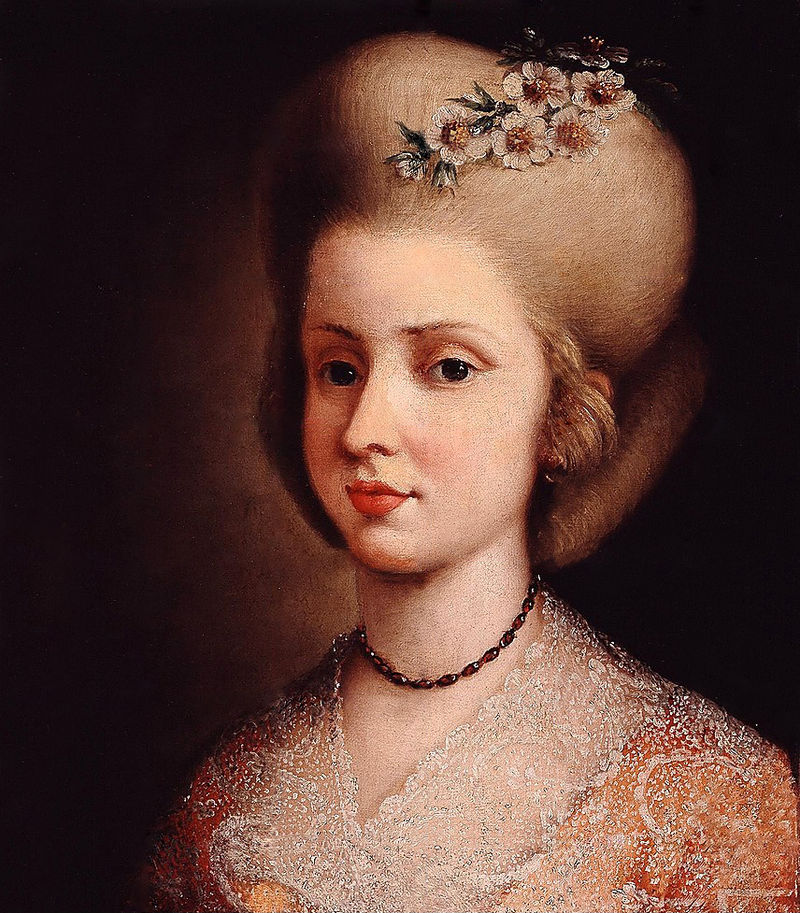
The Echo of Aloysia
In 1777, at 21 years old, Mozart set off again with his mother, seeking new employment and creative freedom.
In Mannheim, he met the Weber family.
Their second daughter, Aloysia, was a gifted soprano, expected to become a leading star.
Mozart was enchanted—by her voice, by her looks.
He composed songs for her, fell deeply in love, and even proposed marriage.
One of these songs, Alcandro, lo confesso… Non sò d’onde viene (K.383), was likely written for her.
For a time, Aloysia returned his affection.
But as Mozart’s prospects remained uncertain and his financial future unclear, she began to pull away.
When they met again in Vienna, she reportedly treated him with cold indifference.
This was Mozart’s first serious heartbreak—
a deep wound he would carry with him.
A Second Meeting in a City of Sadness
Despite the pain, Mozart returned to Vienna and reconnected with the Weber family.
There, he met the younger sister—not the dazzling Aloysia, but the more modest and cheerful Constanze.
Once just a girl, Constanze was now in her early twenties—gentle, vibrant, with an unpretentious charm.
Through their letters, Mozart began to reveal feelings laced with humor, sensuality, and warmth.
He called her by the cheeky nickname:
“My little Zipferlchen (sweet little pointy one)”
It may sound silly or even crude—
but for Mozart, love, like music, was something sensual, instinctive, and passionate.
A Melody Woven into Married Life
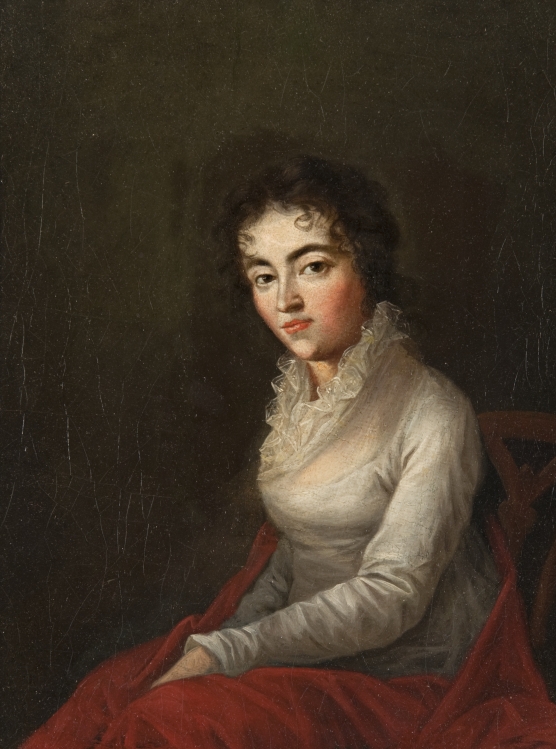
A Melody Woven into Married Life
In 1782, at age 26, Mozart married 20-year-old Constanze.
His father, Leopold, strongly opposed the match.
He had doubts about her social standing, financial situation, and Mozart’s past with women—not to mention his unstable income.
Their engagement was rocky.
At one point, after Constanze’s mother tried to cancel the match, she was even placed in a convent for “safekeeping.”
Still, Mozart stood firm:
“I cannot live without her.”
They married without his father’s blessing.
Love and Music in Everyday Life
Life was not easy.
Living in Vienna was expensive, work was unstable, and debts kept piling up.
Yet Mozart’s creative drive never waned.
If anything, his life with Constanze may have brought new colors into his music.
His letters to her were music in themselves—
rhythmic, laced with jokes, and tinged with a quiet melancholy.
Every time he went on tour, he wrote to her—
sometimes twice in a single day.
Each letter was a love confession, but also followed a structure much like a piece of music.
It began with a greeting, flowed into playful banter, and always ended with a return:
“I look forward to the day we meet again.”
It was almost exactly like the sonata form his compositions so often followed.
His humor, however, was sometimes wildly offbeat—like this line:
“If you happen to fart before going to bed tonight, please bottle it, seal it, and send it to me.”
Or:
“I send you a thousand kisses… no, better yet, ten thousand! Each one for your nose, your lips, your neck, and—well, I’ll leave the rest to your imagination.”
His love for Constanze bounced playfully between affection and bawdy humor,
leaping like notes across a staff.
It was the kind of mischievous love only Mozart could express—
and in many ways, it revealed his truest self.
Love, Death, and Music
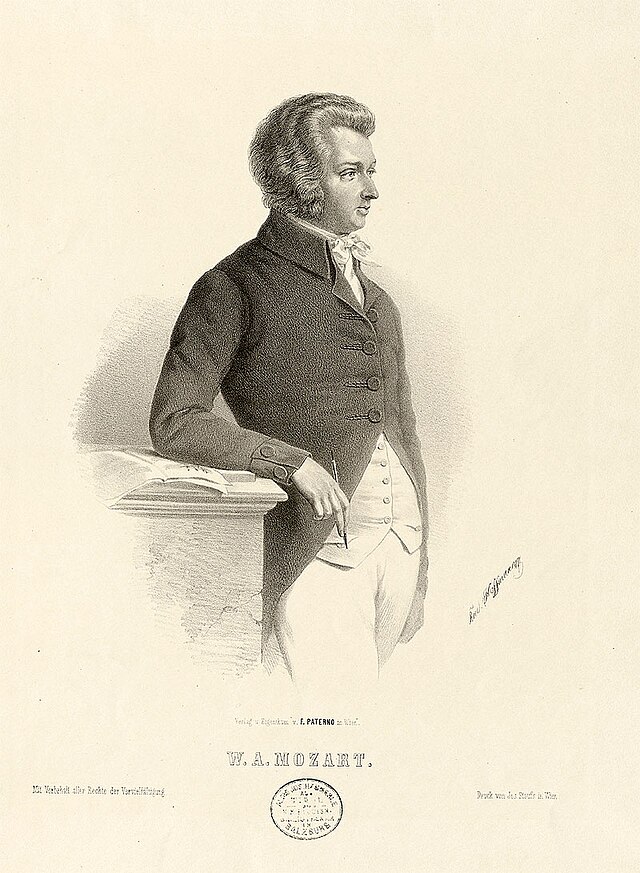
The Requiem, Offered as His Final Prayer
Mozart died at age 35.
Of their six children, only two survived into adulthood.
His final work, the Requiem, remained unfinished.
The cause of his death is still debated.
But even as he suffered from illness and financial strain, he composed until the very end.
And Constanze was always at his side.
She devoted herself to preserving his work.
She commissioned the completion of the Requiem and ensured his name would echo through history.
Without her, we might not know Mozart as we do today.
Life, Like a Sonata
Mozart’s love life wasn’t dramatic—it was musical.
First movement: a sweet beginning.
Second: heartbreak and longing.
Third: marriage and everyday rhythm.
Finale: parting, and the eternal echo of love.
Love and music were always intertwined within him.
His letters hold melody.
His melodies hold memory.
And if you listen carefully,
in the arias of Figaro,
in the layered “Pa-pa-pa” of The Magic Flute—
you just might catch a glimpse of Constanze’s smile,
hidden tenderly between the notes.
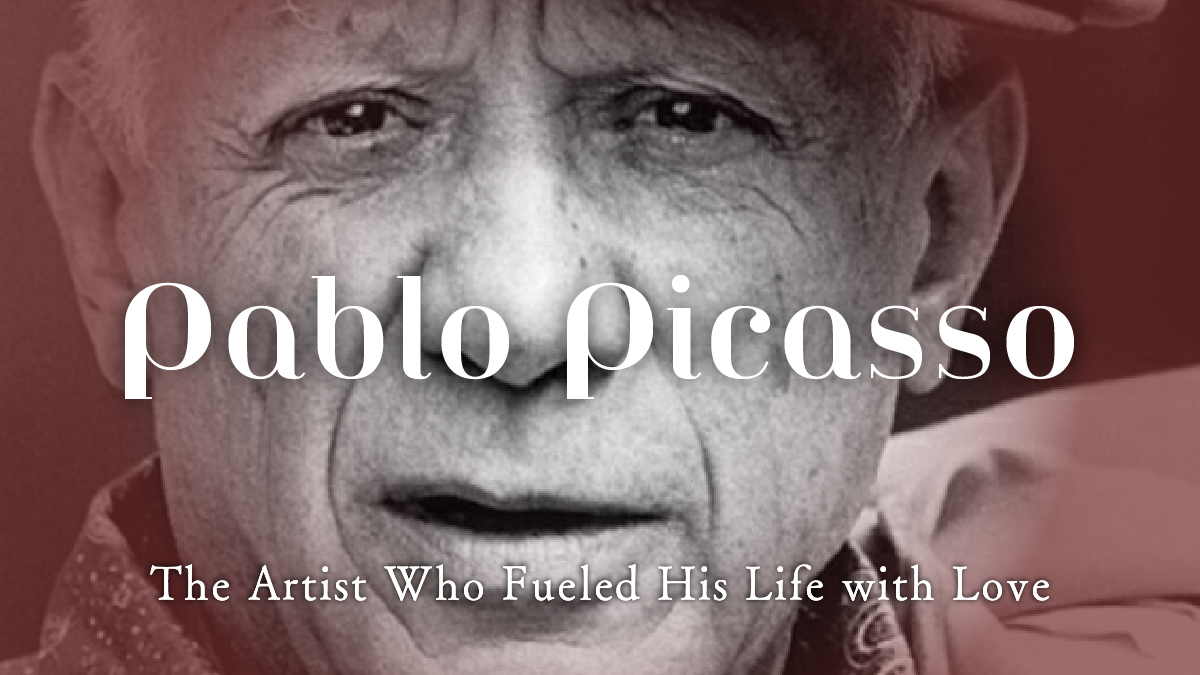
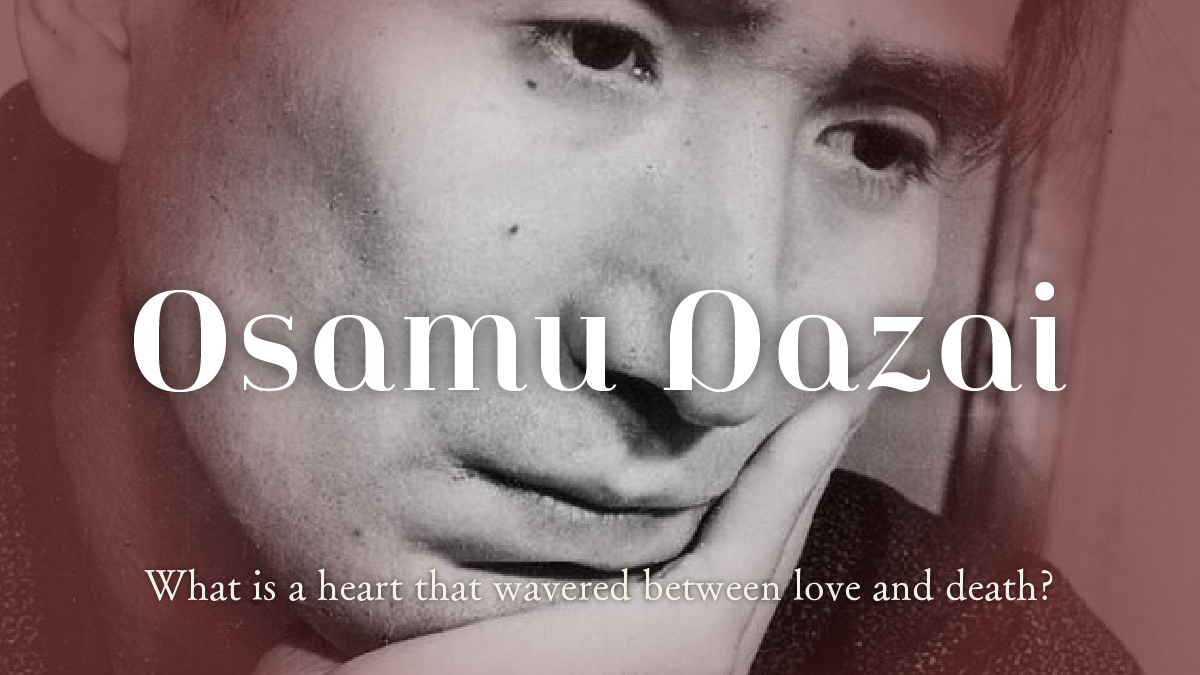


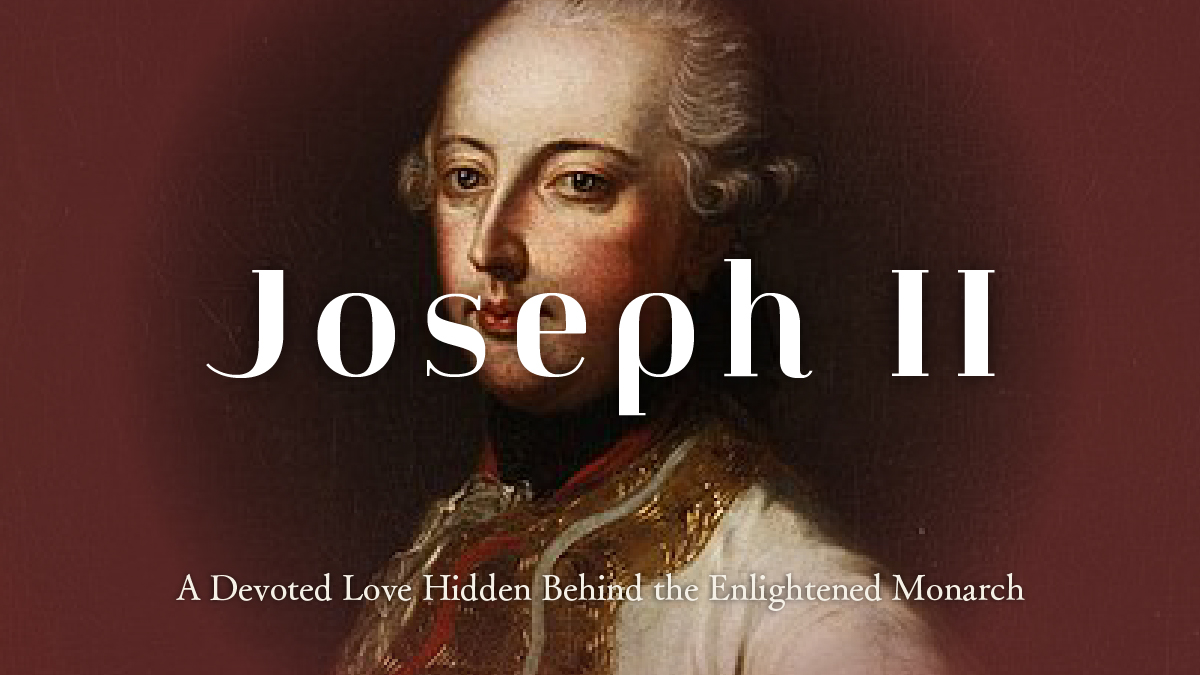
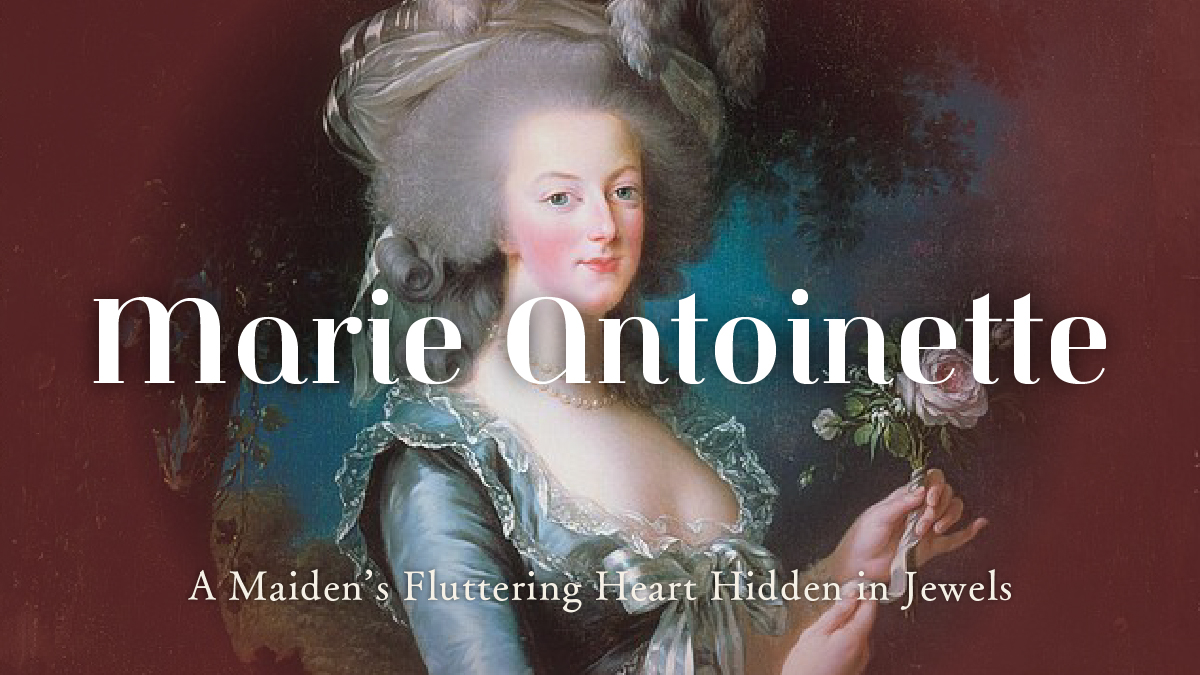
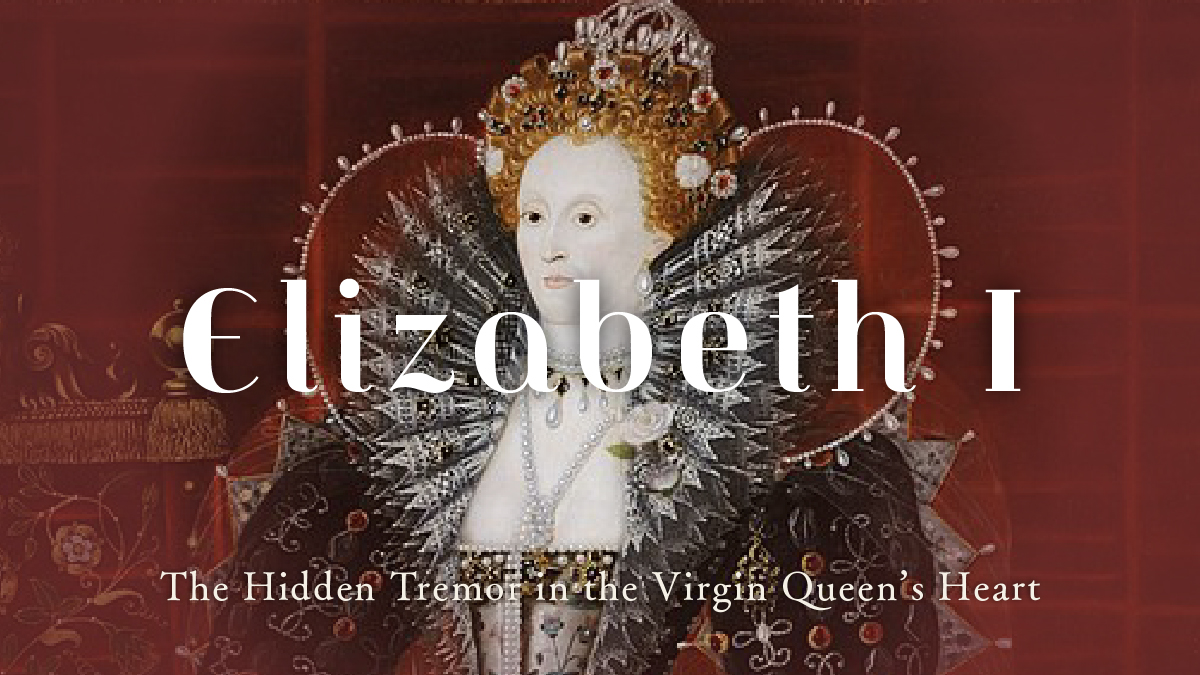
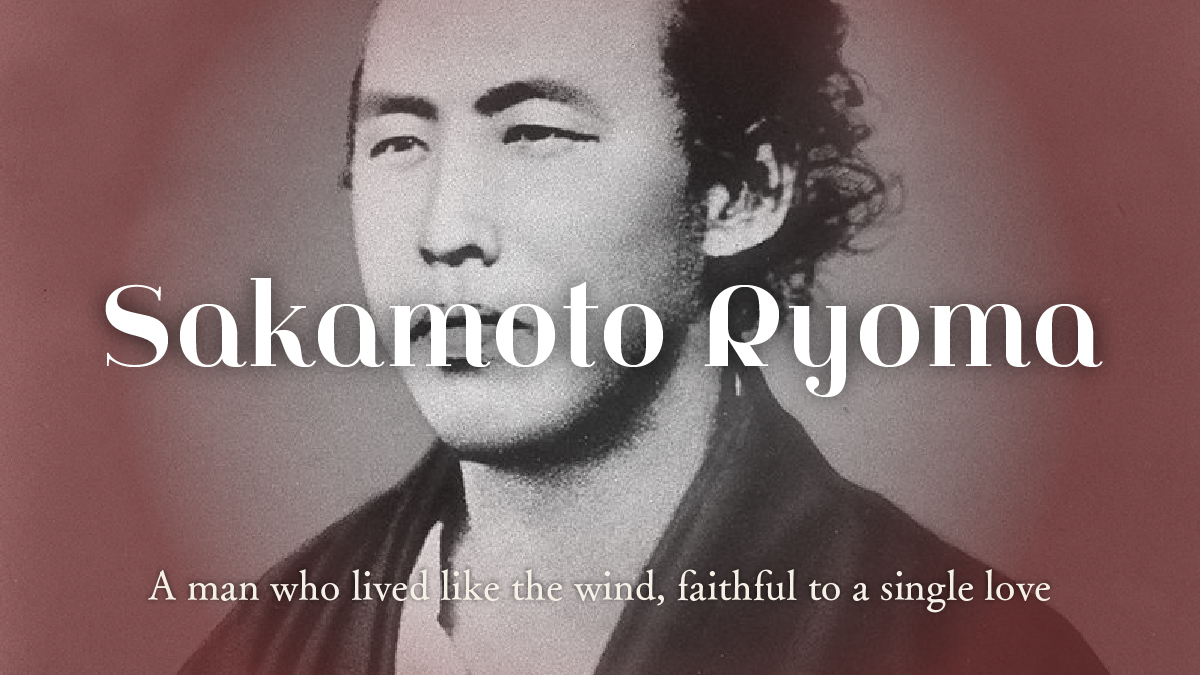
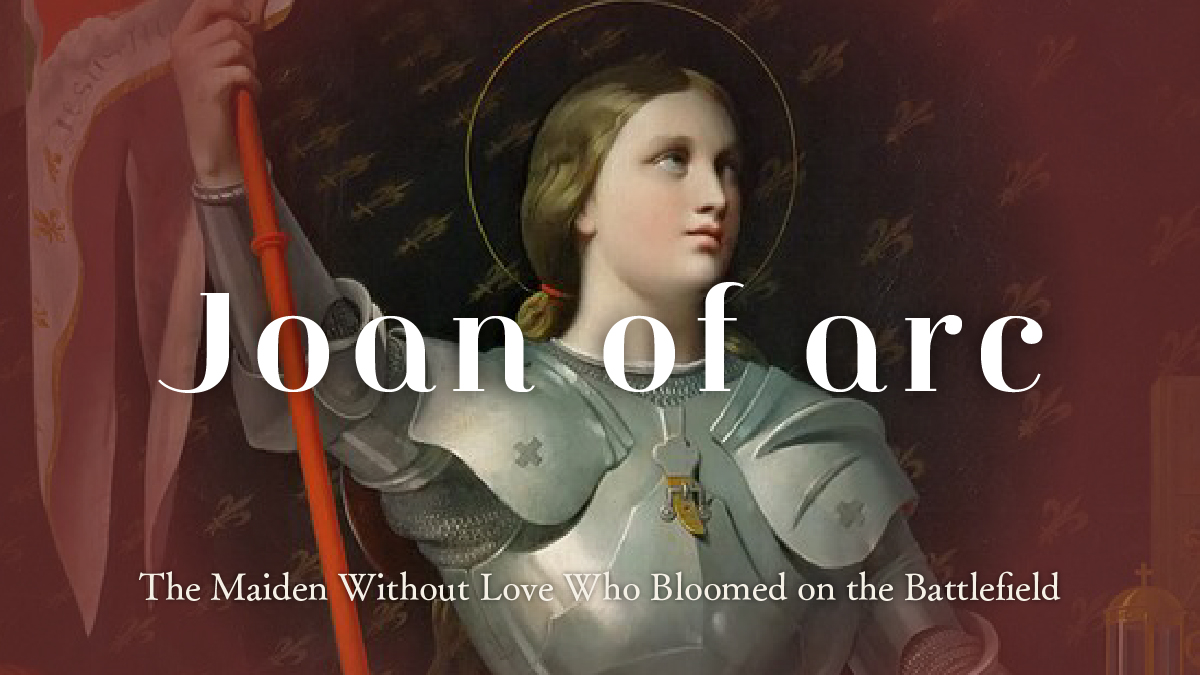
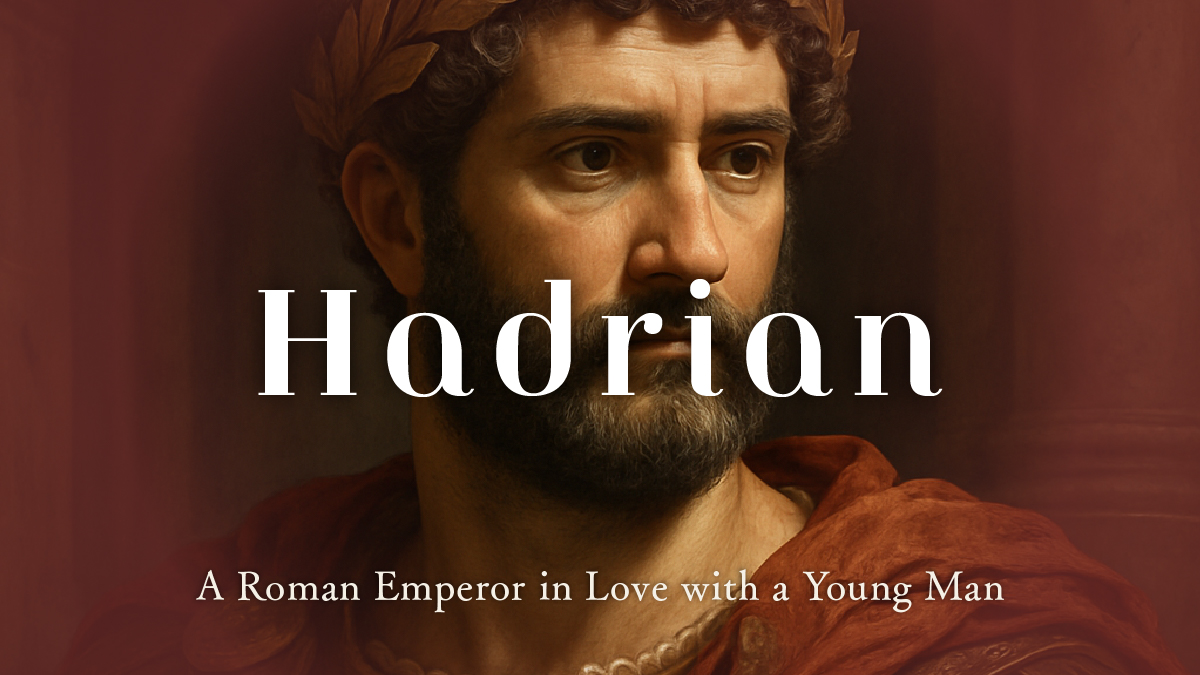

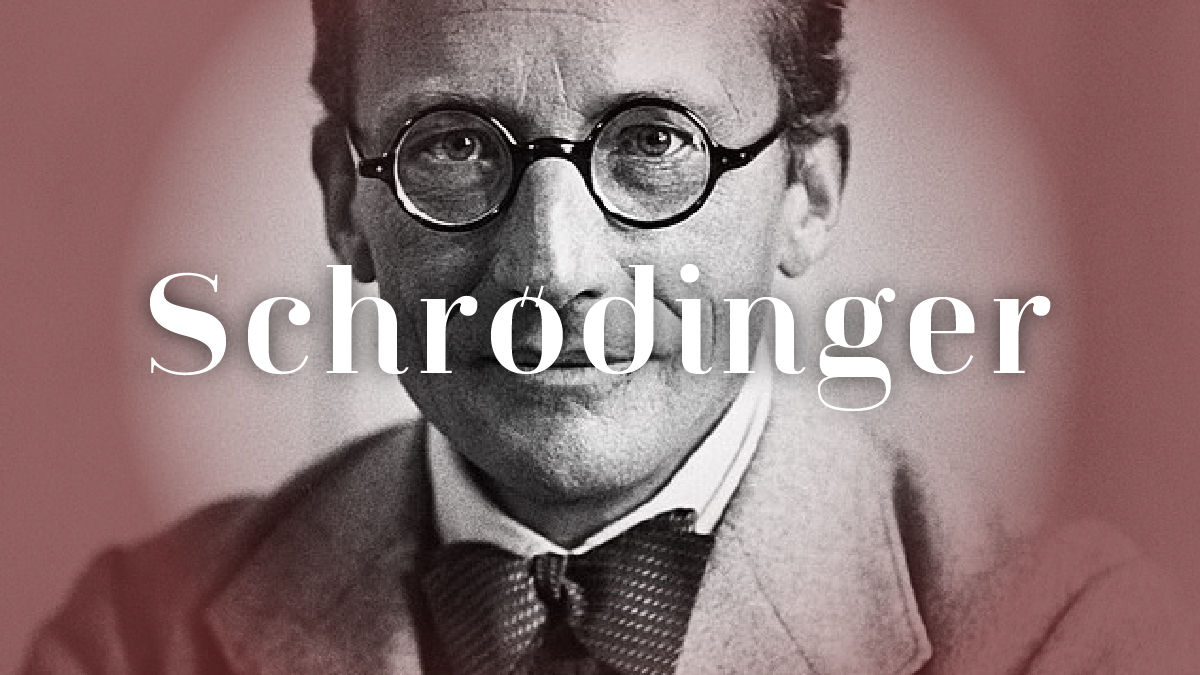

 日本語
日本語